our team.
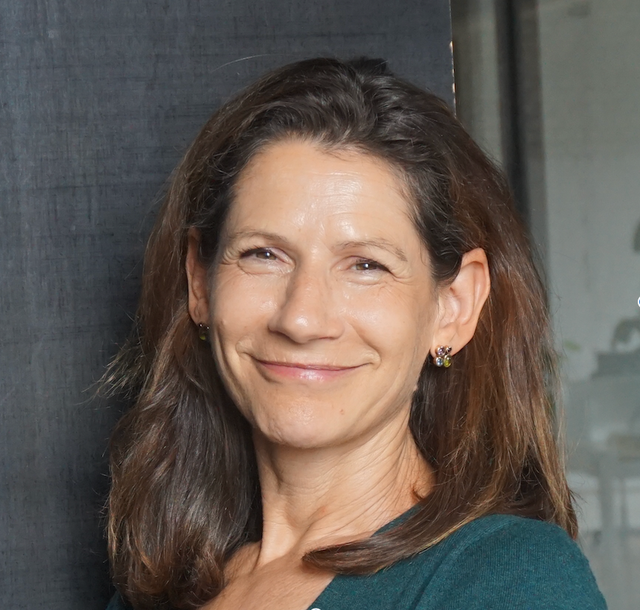
Rebecca Burdon
Rebecca is the CEO at Climate Resource. She has a background in economics and over 20 years of experience in policy, regulation and climate change. She has held management or board positions in university, government, commercial and not-for-profit entities. She is a Senior Advisor to Melbourne Climate Futures at the University of Melbourne and was the Managing Director of the Energy Transition Hub in Australia until September 2020, also based at the University of Melbourne.
Rebecca was a General Manager at the Climate Change Authority and a member of the expert committee advising the Australian government on rules for creating carbon credits from the land sector under the Carbon Farming Initiative. Prior to that she was the Principal Economist at the Australian Communications and Media Authority, leading work on auction design for high-value radiofrequency spectrum. Rebecca has also worked at the New Zealand Treasury and as an economic consultant in Australia and the UK, delivering major projects in 10 countries. She has a Masters of Science in Economics from the London School of Economics.

Prof. Malte Meinshausen
Malte is the Science Director at Climate Resource. His primary research interests and experiences relate to probabilistic climate change projections, the remaining carbon budget and international climate negotiations. Malte Meinshausen is a Professor at the University of Melbourne in Climate Science and Lead Author of the IPCC Sixth Assessment Report on the physical climate science, as well as part of the Core Writing Team of the IPCC Synthesis Report. Malte Meinshausen was founding Director of the Climate & Energy College at the University of Melbourne and Co-Director of the Energy Transition Hub. Malte Meinshausen has been the scientific advisor to the German Environmental Ministry, being part of the German negotiation team at international climate change negotiations for more than 10 years. In his scientific career, he received an Australian Research Council’s Future Fellowship Award and was ranked among the 50 most influential climate scientists in the world by Reuters.
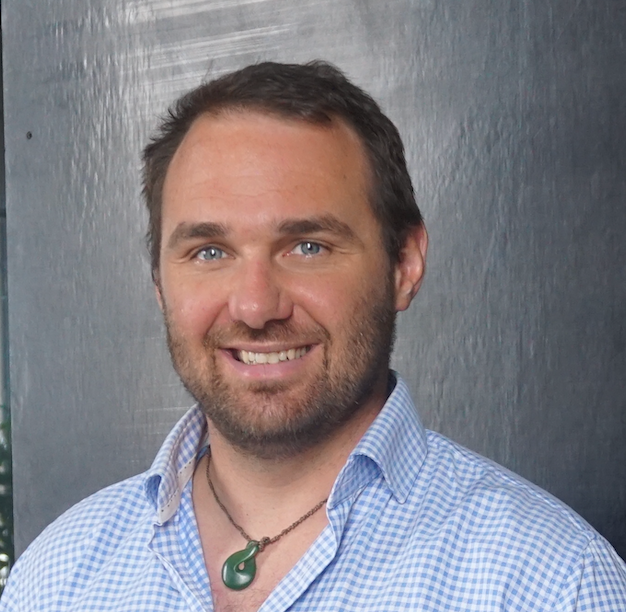
Jared Lewis
Jared is the Chief Technical Officer at Climate Resource and an expert at developing solutions for processing, visualising and distributing large scientific datasets with more than ten years of experience working with climate data. He has built the underlying data tools to support the quantification of emissions reduction commitments by the science community and international organisations. Jared was a Contributing Author to the Synthesis Report as well as Chapters within Working Groups 1 and 3 for the IPCC Sixth Assessment Report. Jared also holds a part-time position at the International Institute of Applied Systems Analysis (IIASA).
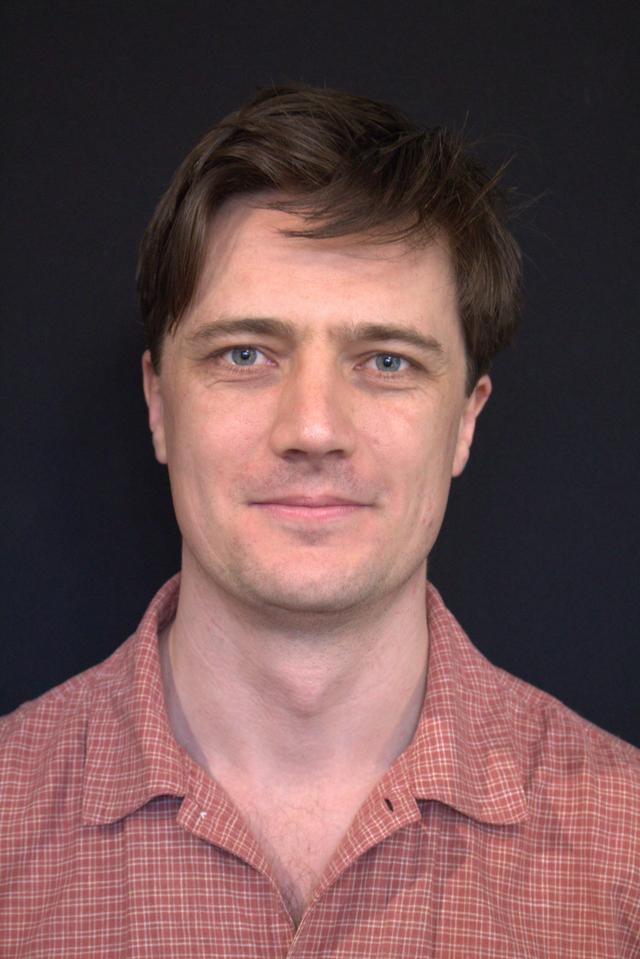
Dr. Zebedee Nicholls
Zebedee is the Modelling Director at Climate Resource. He is a leading expert in reduced complexity climate model development. He is the only researcher to have contributed heavily to the development of both MAGICC and FaIR, the two reduced complexity climate models used for emissions scenario assessment in the IPCC’s Special Report on Global Warming of 1.5°C. Alongside Malte, he leads the Reduced Complexity Model Intercomparison Project (RCMIP), which performs standardised evaluation of reduced complexity climate models. He also led the development of a common resource for reduced complexity model calibration data based on ESM output (cmip6.science.unimelb.edu.au) and helped create the input greenhouse gas datasets for CMIP6’s future scenario experiments. Before his PhD, Zebedee completed his undergraduate Masters course in Physics at St. John’s College, University of Oxford. Beyond his PhD and Climate Resource work, Zebedee is also a Lead Author of the Chapter 7 Supplementary Material and Contributing Author to the Technical Summary, Chapters 1, 4, 5, 6, 7 and Annex III of Working Group 1 of the IPCC's Sixth Assessment Report.

Dr. Mika Pflüger
Mika is the Managing Director of our European subsidiary, Climate Resource S GmbH. He specialises in developing reliable climate science software. Mika has extensive experience in Continuous Integration, Continuous Delivery, and Quality Assurance, and in data collection, evaluation and visualisation. Recently, he has worked on Climate Resource's in-house models to quantify and analyse countries' greenhouse gas (GHG) emissions reduction commitments and on the open-source PRIMAP2 library for historical GHG emissions analysis. Prior to joining Climate Resource, he worked at the Potsdam Institute for Climate Impact Research (PIK) on the integrated energy transition assessment model REMIND. Mika completed a PhD in experimental physics, where he focused on robust and traceable uncertainty quantification for complex models. He is a member of the German Society of Research Software Engineers (deRSE e.V.).
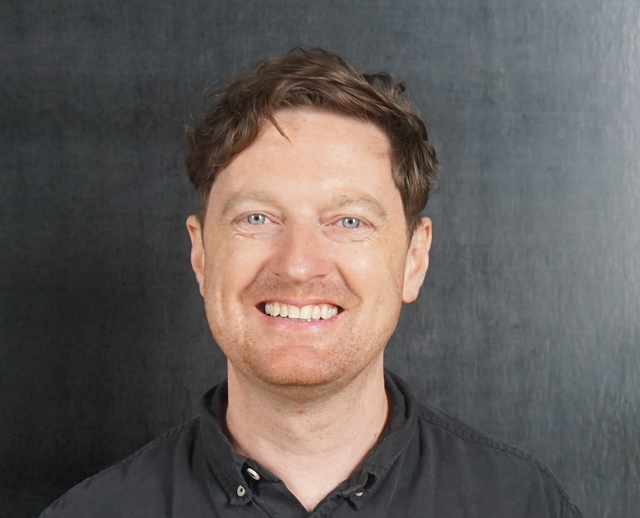
Dr. Alister Self
Alister is a Senior Research Analyst at Climate Resource, having joined in 2022. His work primarily focusses on NDCs, national and global emissions pathways, land sector emissions and international climate policy and politics. Before joining Climate Resource he completed his PhD at the University of Melbourne, which focused on the international climate change negotiations, and particularly the evolution of the UNFCCC’s financial architecture. Previously Alister completed an MSc (climate change), as well as a BSc (applied sciences). He is also an Assistant Editor at the journal Climate Policy.
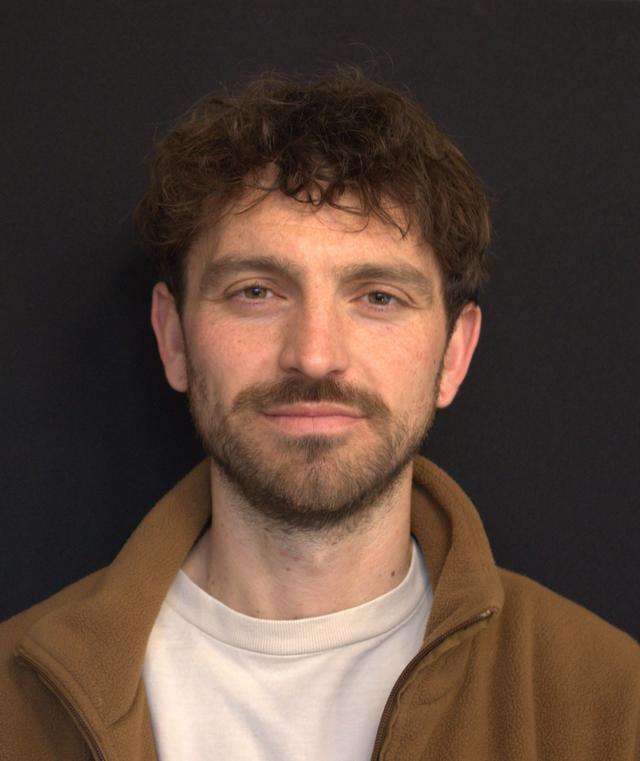
Daniel Busch
Daniel joined Climate Resource as a data scientist in 2023. After his mechanical engineering studies at the Technical University Dresden, he built experience in scientific programming at the Reiner Lemoine Institute in Berlin. To develop a deeper understanding of environmental issues, he completed a master's in Global Change Management at the University for Sustainable Development in Eberswalde. Before joining Climate Resource, he worked at WWF and the German Environment Agency. With his interdisciplinary background, he has worked on diverse projects ranging from renewable energy to carbon markets. Daniel is passionate about building bridges between climate action and technology to contribute to a better future for all.
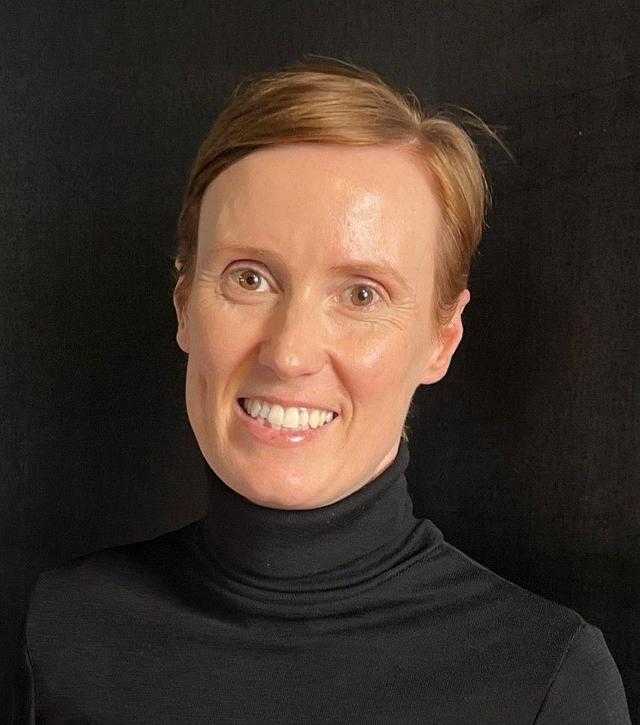
Karla Spiller
Karla is a Senior Analyst at Climate Resource, focusing on emissions pathway modelling to enhance transparency in international climate negotiations. Karla holds a Master of Energy Systems and a Bachelor of Engineering and Computer Science from the University of Melbourne, and has extensive analytical experience across a diverse range of industries. She is passionate about decarbonisation and the energy transition.
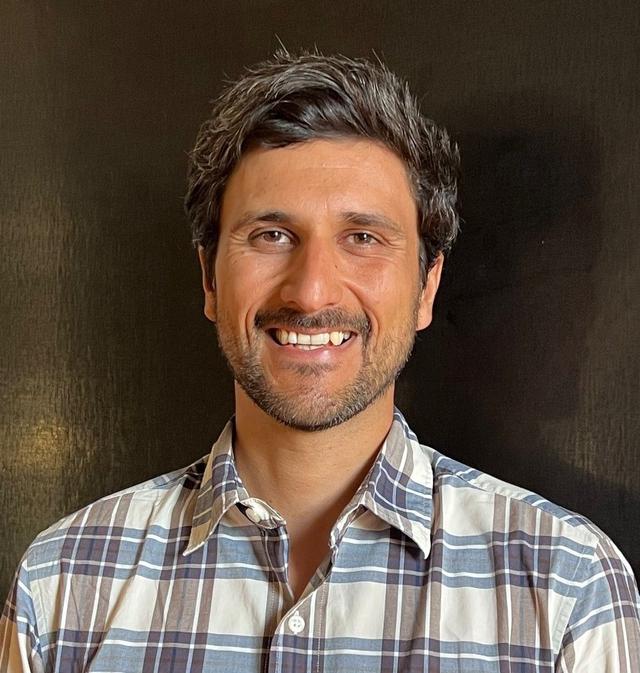
Dr. Setu Pelz
Setu is a Senior Researcher at Climate Resource. His work focuses on equitable climate policy, sustainable development, and mitigation strategies. Setu earned his doctorate with highest honours from Europa-Universität Flensburg in Germany in 2022. He also holds the position of Research Scholar in the Energy, Climate, and Environment Program at the International Institute for Applied Systems Analysis (IIASA) in Austria.

Dr. Anita Talberg
Anita has been developing and advocating for evidence-based approaches to climate and energy policy and regulation for 17 years. She has worked across industry, government and academia.
Before joining Climate Resource, Anita was the General Manager for Workforce and Supply Chain policy at the Clean Energy Council, the peak body for renewable energy in Australia. In this role, she represented the Australian clean energy sector on the NSW Renewable Energy Sector Board and the Victorian Skills Authority. Prior to this she was the Director of the University of Melbourne's Climate and Energy College, and Research Coordinator for the Australian-German Energy Transition Hub. She began her career in the climate space as Senior Researcher for Climate and Energy at the Australian Parliamentary Library during the passage (and repeal) of Australia's carbon price legislation.
She is an independent board director of Powering Skills Organisation, Australia's Energy Jobs and Skills Council.
Anita has an Engineering degree and Masters of Climate Change from the Australian National University and a PhD in climate engineering governance from the University of Melbourne.
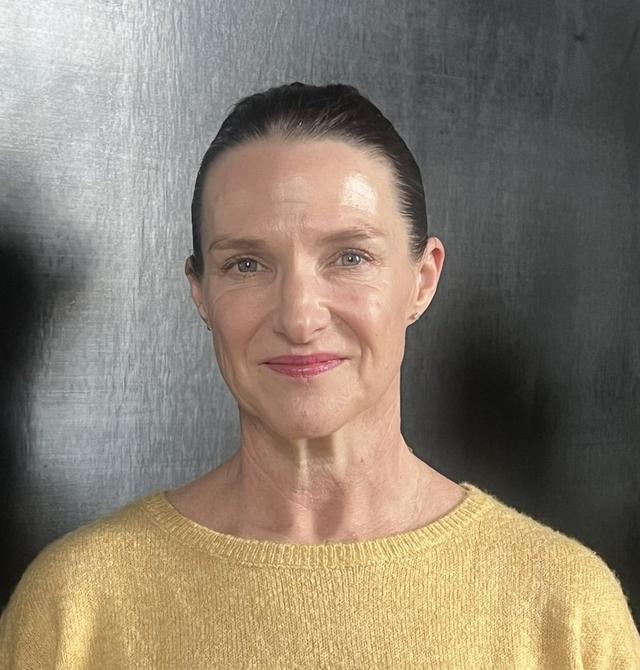
Dr. Kelly Piola
Kelly is the Business Administration Officer at Climate Resource. She has extensive experience in finance and accounting having previously worked as an Assistant Accountant for one of Melbourne’s leading hospitality groups. Kelly also has scientific experience, having completed her BSc and PhD at the University of New South Wales and worked at the Australian Museum. Her PhD focused on the development of sensory abilities of larval fishes and whether these senses are useful in the location and repopulation of coral reefs and marine nursery habitats and has authored several peer-reviewed journal articles on the subject.